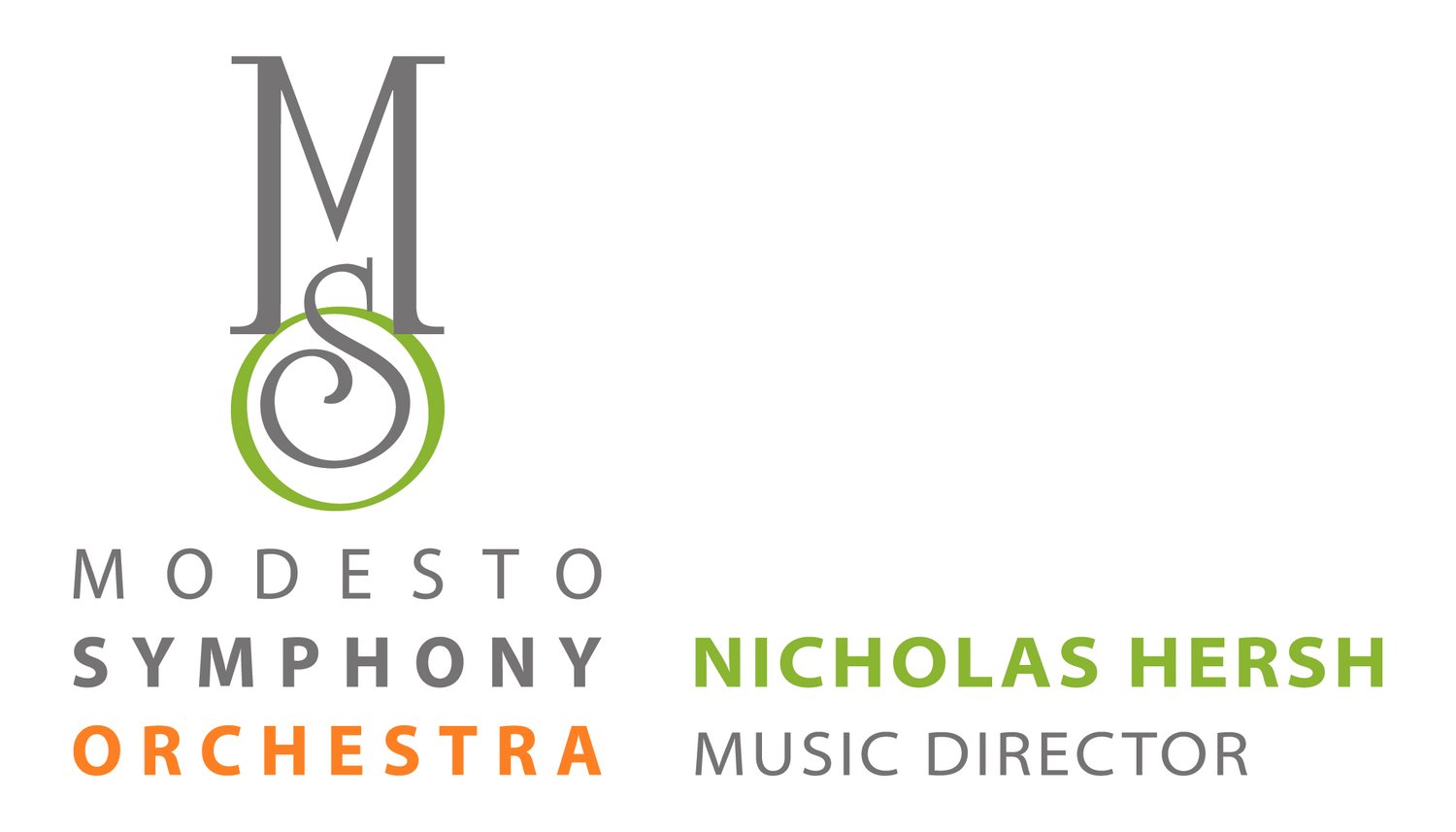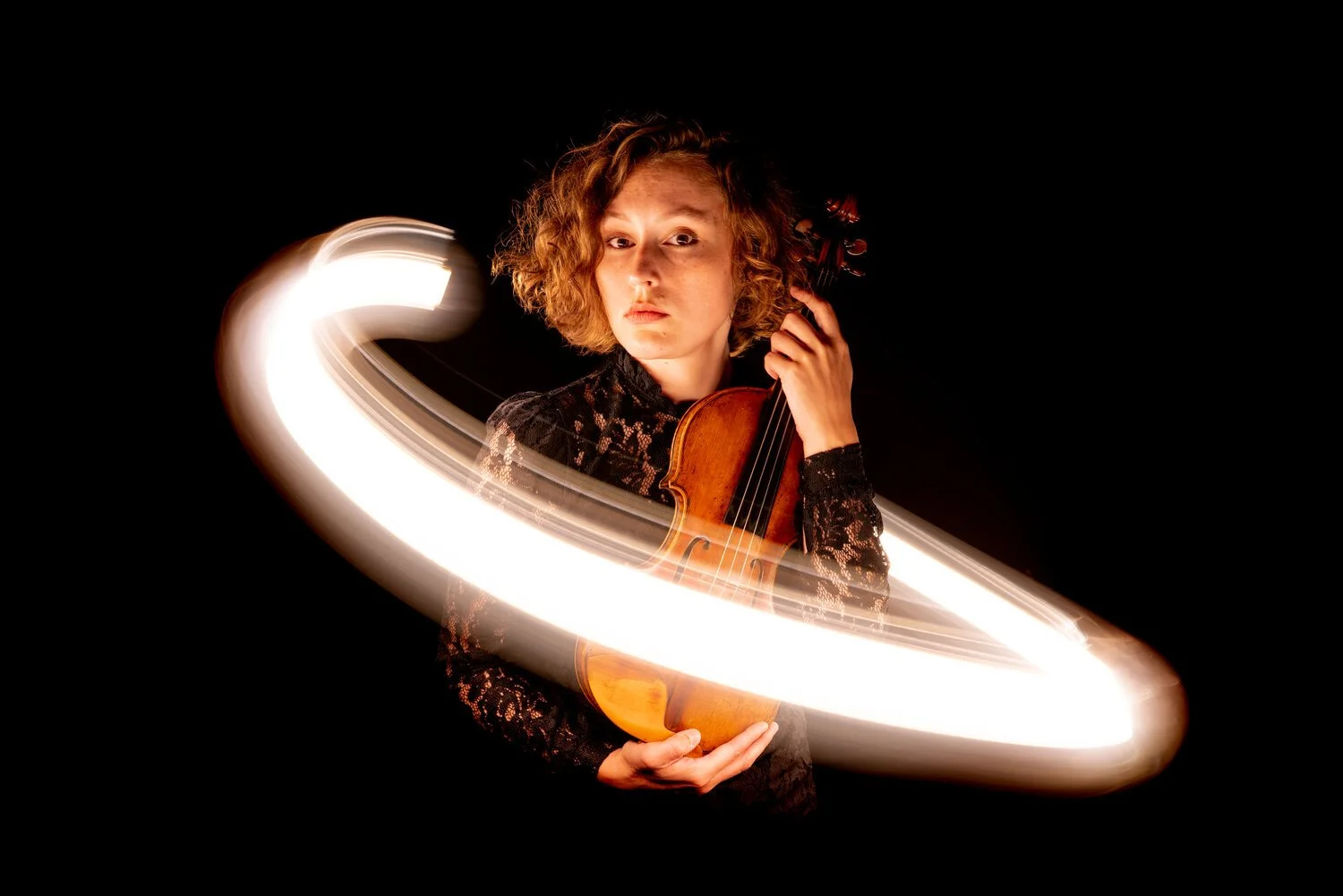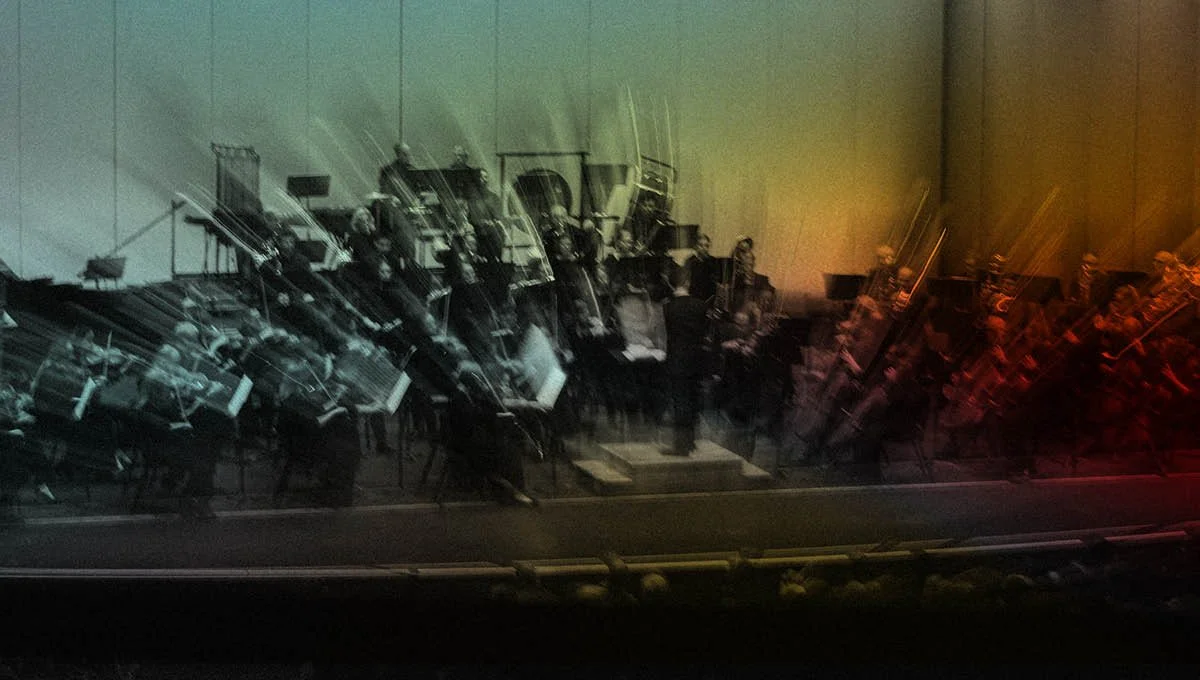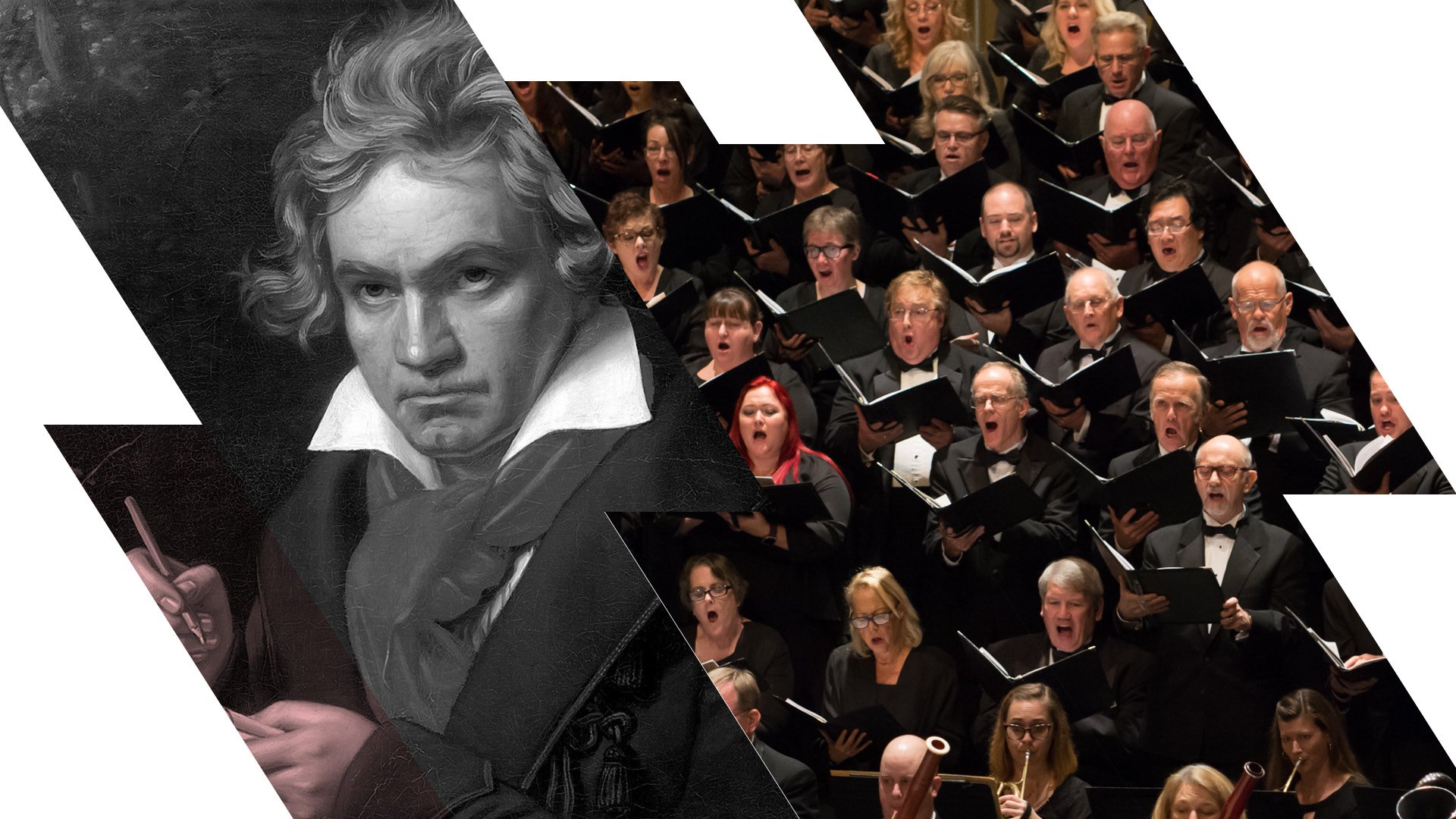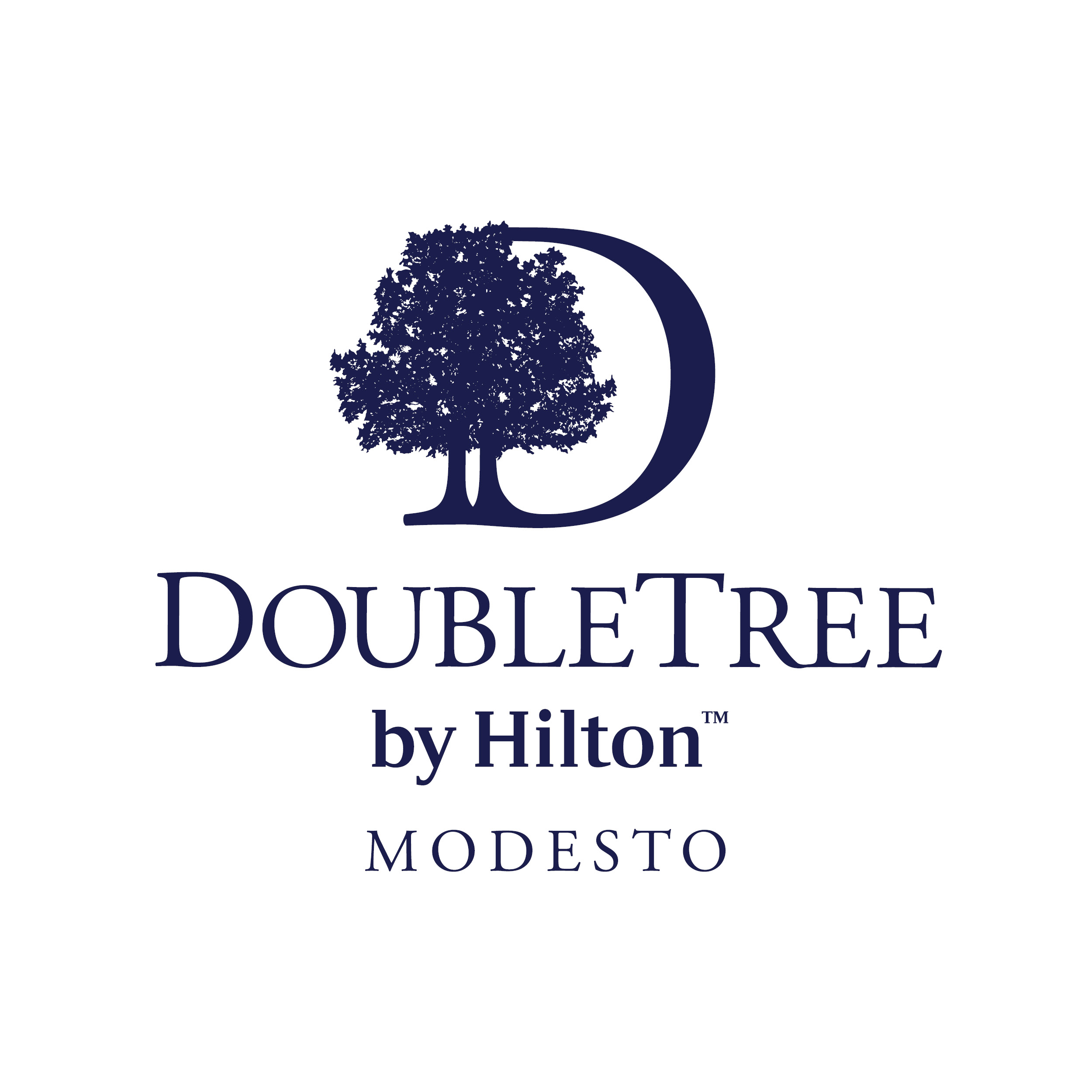It’s a Carnival of Kibble!
Help feed our furry friends in need & enter to win tickets to Verdi’s Requiem!
We're collaborating with Stanislaus Animal Services Agency and hosting a Pet Food Drive at our Carnival of the Animals concerts. Donate and enter a raffle to win 2 tickets to Verdi's Requiem!
Suggested Donations to Enter:
1 can of kitten or puppy formula
4 cans of cat or dog wet food
5 lb bag of cat or dog dry food
Donations will be accepted before the start of each concert on April 11 & 12 starting from 6:30 pm until 7:15 pm. A winner from from each concert will be chosen. The winners will be contacted by April 18, 2025.
Dog Adoptions in Gallo Center for the Arts Lobby
We will have Stanislaus Animal Services Agency (SASA) holding dog adoptions in the lobby before our Carnival of the Animals concerts! 🐶😍
Please bring a Valid ID to adopt!
Adoption fees may apply. Fees range from $112 - $120, fees are due at the time of spay/neuter, unless the dog is already altered.
All dogs have age-appropriate vaccines, microchips, and will be altered before the adoption is finalized.
The SASA Team will be there to answer questions and help you take your new best friend home! See you there! 👋
